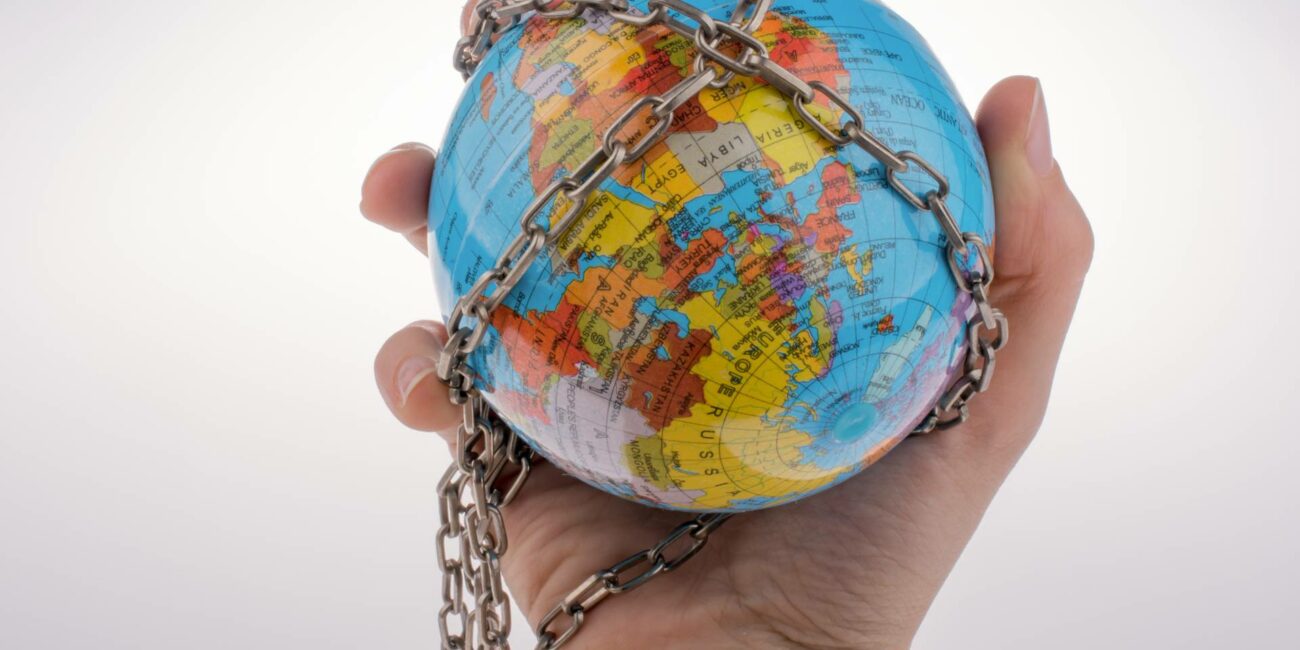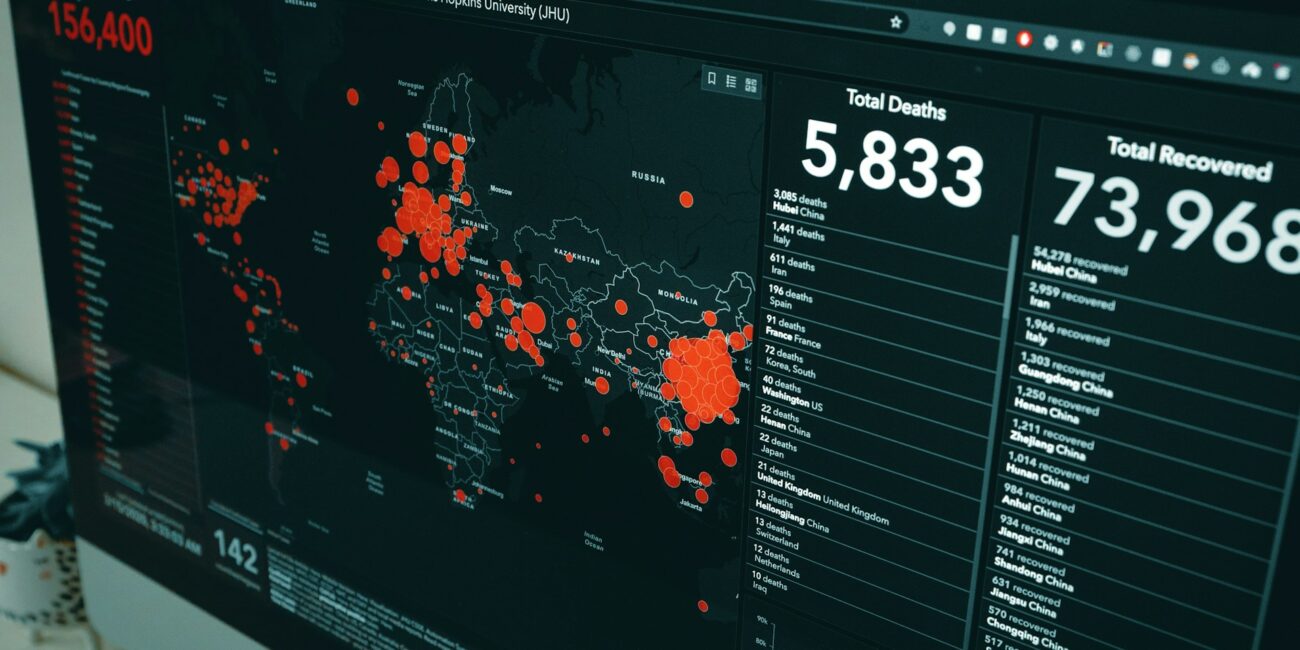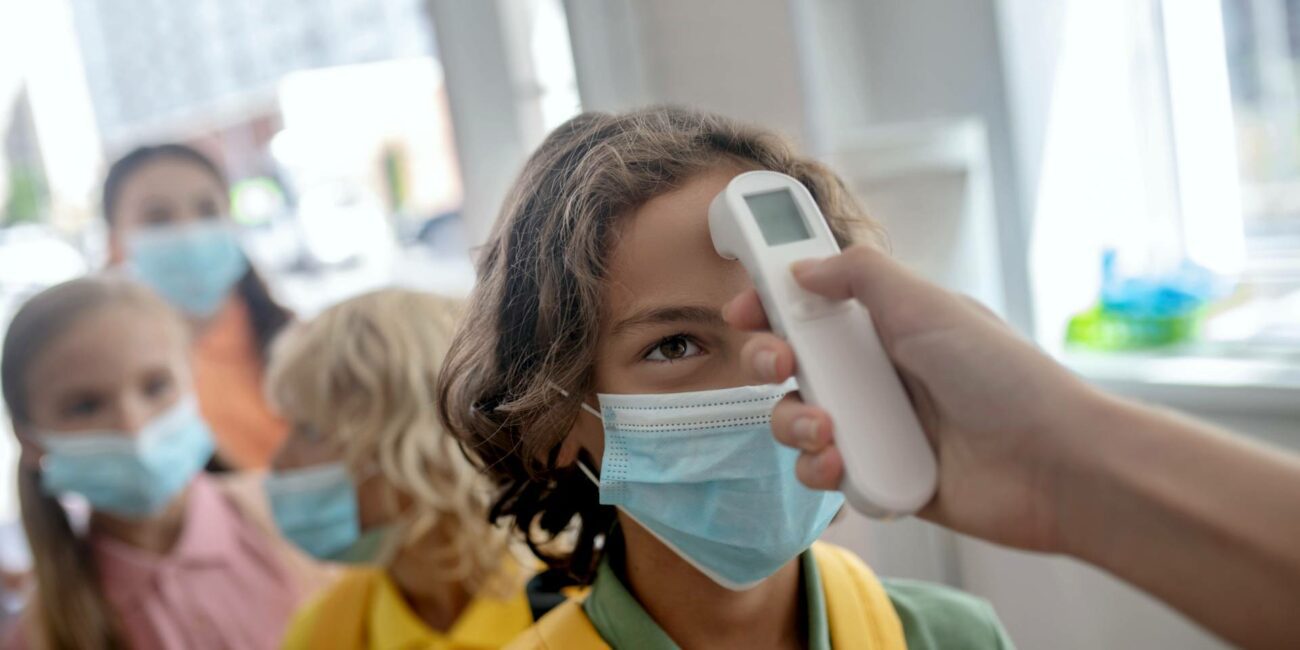Nick Hudson is an actuary in South Africa, and one of the founding members of PANDA (Pandemics Data & Analytics), founded in April of 2020. The organization consists of multi-disciplinary professionals, all concerned with the effect of the governmental response to the COVID-19 virus pandemic. They have collected and analyzed data from countries all over the world to evaluate lockdowns as public health policy in light of the collateral damage, particularly to younger people. PANDA has produced numerous studies containing massive data that show lockdowns are not effective in preventing the spread of the virus. The organization has run into censorship obstacles because it questions, using scientific and actuarial data, the policies of the World Health Organization and governments around the globe. Its scientific board includes the authors of The Great Barrington Declaration and Scott Atlas. Hudson spoke to Michele Mueller of Health Care News on April 19, 2021.
Health Care News: What was the basis for PANDA?
Hudson: We started off very informally; really just a group of four friends discussing this emerging crisis. We shared concern that there was an enormous gap between what was already evident about the epidemic and the media narrative. When lockdowns started, we became very concerned that there was a danger that developing countries would pursue this strategy of locking down. We were quite alarmed that nobody seemed to be performing any kind of cost-benefit analysis. It was reasonably obvious that the costs of locking down, especially in developing countries that don’t have social safety nets, welfare systems, and so on, would be much higher than the benefits because the populations of developing countries tend to be younger. One of the salient features that was clear right from the start of this epidemic was it predominantly affected older people.
So we started an informal organization to do some work of an actuarial nature on the potential costs of lockdowns and proposed a method for evaluating the cost-benefit situation. That resulted in the production of a paper called “Quantifying the Years of Life Lost to Lockdown.”
Health Care News: As your group grew and produced more studies, what were you finding of the data being used to inform public health policy?
Hudson: As we added people with the right skills, we started looking at the models that were being produced by our National Institute for Communicable Diseases and the Actuarial Society of South Africa and we noted several flaws in these models that were causing them to massively overestimate the resource demand and the burden on our hospital system. When I say overestimate I mean by orders of magnitude.
It was evident that there were a couple of assumptions being made that were wrong. For example, the notion of universal susceptibility was wrong, the notion of a flat mortality rate that didn’t have any regard for the age distribution of a country was wrong. Those errors compounded and produced outlandish estimates. We were invited into the South African Coronavirus Modeling Consortium where we delivered our comments in front of the Ministry of Health. But to our horror, these organizations came out with an even worse model. We began to realize to a great degree this was not at all about the science and the facts and the data were being ignored. There was this edifice of—I would describe it as anti-science politics – that got in the way of any kind of debate. They didn’t want to debate, they didn’t want to discuss, and they attacked us.
Health Care News: How did you grow PANDA? And what were some of the challenges?
Hudson: What we decided to do at that point was to try to merge with an organization like ourselves, somewhere overseas, just offer our support, because we’d done by then a whole lot of data analysis, we’d written hundred-plus articles, there were hundreds of webinars and podcasts, radio and TV interviews. By then the organization had 40-50 people in it, including some really top-notch scientists locally. The sad thing was we couldn’t put them on the webpage because their universities would have thrown them out. This cancel culture story goes on. So we gave ourselves the objective of finding an organization that we could offer our skills and research to be part of a bigger international action. To our horror, we couldn’t find anybody as well organized as we were. And that scared the living daylights out of us. We decided to internationalize PANDA instead.
Our first step was to approach various big-name scientists who we’d noticed speaking out. It’s really interesting what was motivating that; they do not find that their own universities are places where they can have a discussion with other scientists about the interesting problems of the epidemic. There’s one view, and if you differ, people just shout at you and your livelihood’s at risk.
Every Tuesday evening PANDA has an open science meeting where we have one discussion topic [which is attended] by really top-notch scientists from all around the world; some of them are absolute leaders in their field. They’re members of PANDA in a cryptic fashion because they can’t be seen to be members. The ones who are listed on our website are typically non-university, private sector scientists so they face less risk. They either own their own companies or they’re senior enough in their companies to be able to do and say what they want.
Health Care News: Tell me about the results of your studies regarding lockdowns.
Hudson: “Quantifying the Years of Life Lost due to Lockdowns” was the first cost-benefit analysis we published. Then there were two papers on trying to understand why there were such big differences in one country to the next in mortality. That was a bit of shock to us because up until that point we had assumed there was some benefit to lockdowns; it was actually the underlying assumption of our first paper. But this was very sophisticated data. We covered all of the things that could possibly be driving inter-country differences: massive datasets looking at the prevalence of other types of illness, all sorts of features of the population from Vitamin D deficiency to blood type to you name it. We had a hypothesis that most of the differences were driven by age, obesity, and comorbidity prevalence, and then a hygiene hypothesis (communicable diseases circulating in those communities). But that part of the hypothesis failed. The first three turned out to be strong drivers. And then we decided to test the lockdown hypothesis by throwing the stringency of countries’ lockdowns into the model to see if it had anything to do with mortality rate, and we were very surprised to see that it didn’t; it had absolutely no correlation at all. We thought we’d made a mistake. We got another pair of eyes to check; we were frustrated we couldn’t find our error. It turned out it was 100 percent correct. [All of PANDA’s papers are on their website.]
There have been a number of papers that have been more formally published in journals. All of them basically came to the same conclusion which is that lockdowns are not helping. There’ve been about 50 papers now reaching that conclusion. Five papers reached the opposite conclusion, but we studied those, and they all make the same error, which is to assume that in the absence of lockdowns you’d face indefinite exponentiation of the disease process. In their minds, everybody’s susceptible and the disease would just go on and on and on. They compare what happened to that counter-factual [assumption] and concluded that the difference is because of lockdowns. It’s a completely specious argument. And yet those papers have been published in quite prestigious journals including The Lancet, which is staggering to us because it’s committing a very basic epistemological error.
Health Care News: I understand your latest video was removed from YouTube. Talk about that and how else your message has been suppressed.
Hudson: The Biz News presentation went viral very quickly. We put it up on YouTube on a Friday night, promoted it on Saturday. And by Tuesday it had half a million views and accelerating. It was up at 12,000 views per hour. At that rate [it would get] a quarter of million views per day. Nothing in the YouTube algorithms caught this video; that was obvious because it had been up for some time.
Other organizations downloaded the video and posted it on their own YouTube accounts and they’re still there. It’s obviously not the content; it’s the fact it was doing well. Our theory is that somebody from the World Health Organization got it, didn’t like it, and, presumably they’re able to phone YouTube and say, “take that down.” Suddenly I started getting social media messages asking where’s your video?
We’ve got a very comprehensive website that we point people to on all social media channels; we have active Twitter and Facebook and LinkedIn accounts that we have to manage. Since July of last year, we noticed we were being shadow-banned. There are tools you can use online to see whether they’re doing what’s called “de-boosting” or “reply hiding.” One hundred percent of my replies now get hidden behind a message saying, “this reply contains offensive language.” I could write the word “yes” in response to someone, and that will get hidden. If I tweet something, it won’t go into the top of the feed as it’s delivered; they’ll put it back a few days and it will be missed. They’re not actually banning you from the platform, but they’re effectively making you invisible on it.
Health Care News: What advice do you have for political and opinion leaders reading this interview?
Hudson: They have a responsibility to hear the other side. It’s not consistent with the role of a just leader to only hear one part of an argument. The amount of data and supportive fact base is enormous at this stage and it’s only a matter of time before that comes to light. People like Governor DeSantis who have listened to the other side have reached vastly different conclusions from other leaders, and so far, they are not suffering because of it. On the contrary, their populations are being protected from the immense collateral damage that comes with these very draconian policies.
We think the same applies to vaccines. We see vaccinations as having an important role to play in a focused protection strategy; vaccinating vulnerable people with safe and effective vaccines is important. But this has turned into a situation where we are going for mandatory vaccinations across an entire population, with even small babies having trials run on them. The looming possibility of vaccine passports, which is ludicrous, is quite nakedly profit-seeking behavior by big pharma. There is absolutely no reason to be vaccinating people under 50; they have no risk, they have a natural immunity to this disease. They do not face any significant risk of death from the disease. Trying to vaccinate teenagers and withhold from them their freedoms if they do not get a vaccine, we believe is well compared to the kind of atrocities that went on under the Nazis.
This is a shocking development and a slippery slope. The variants are being used to scare the population into the idea that they need to get boosters of the vaccination and need to carry on wearing their masks and locking down. We see this as a huge perversion of science. All of this will come to light in the fullness of time unless we go into a complete police state or something like that. The truth has a way of coming out. If I were a leader, I would at least want to have shown some balance.
Michele Mueller ([email protected]) writes from Las Vegas, Nevada.
Read the full article at “Health Care News”
PANDA Interviews
PANDA Newsletter
PANDA Telegram
PANDA Odysee




